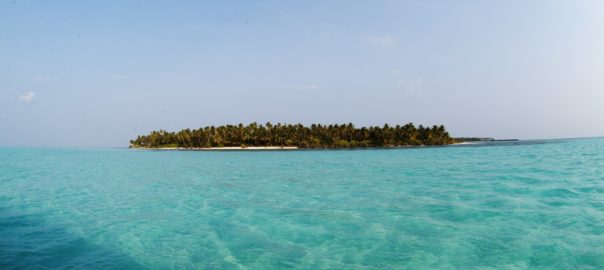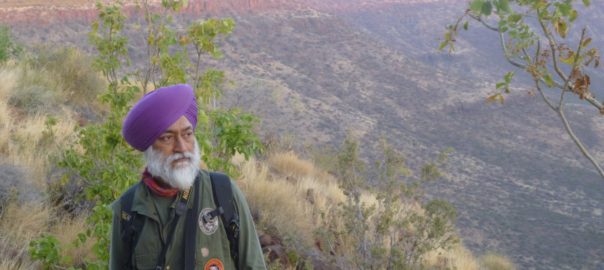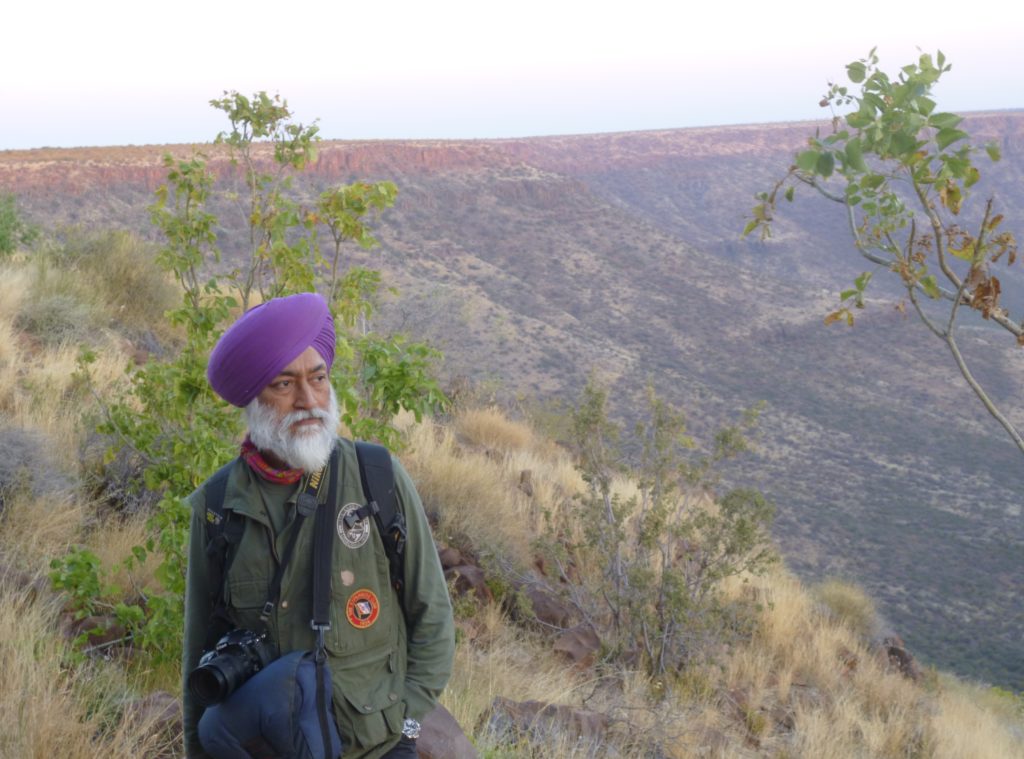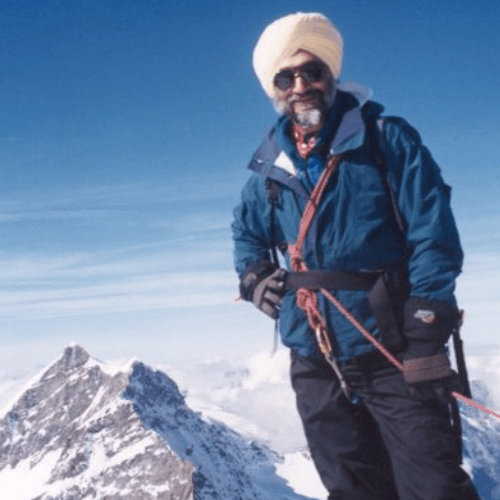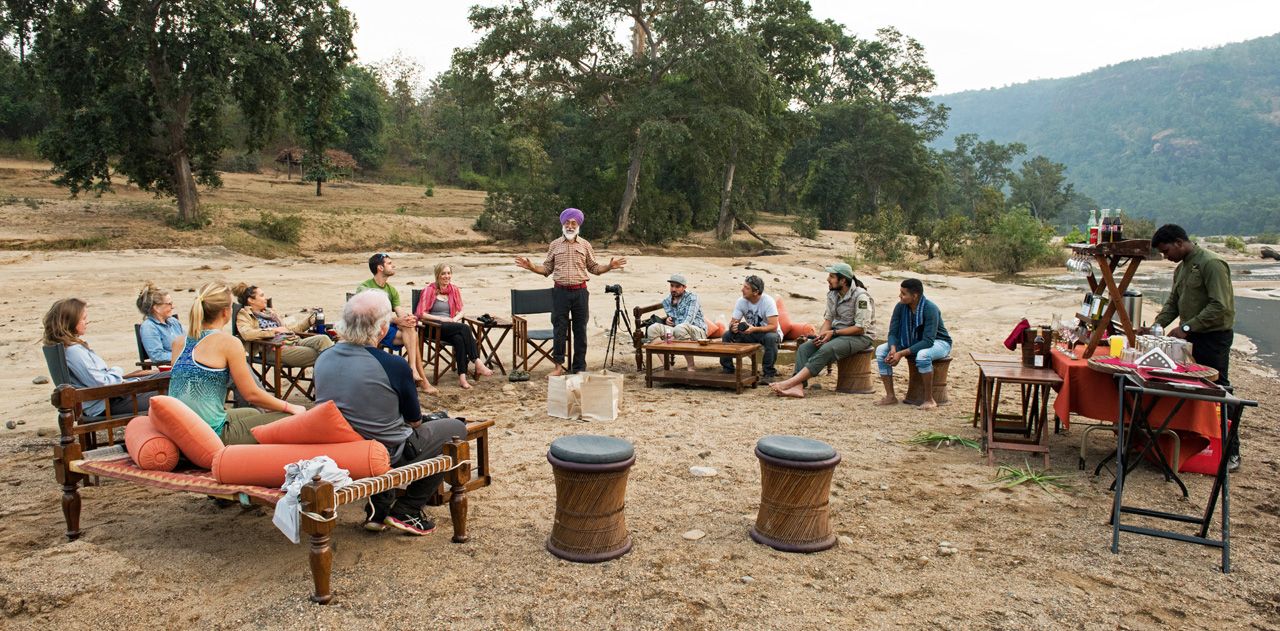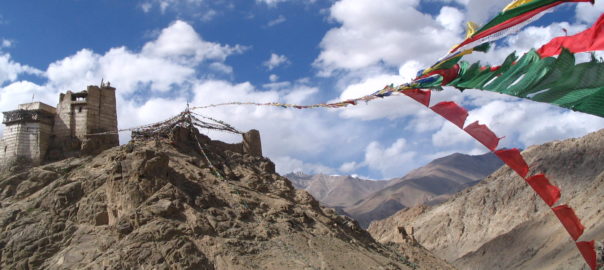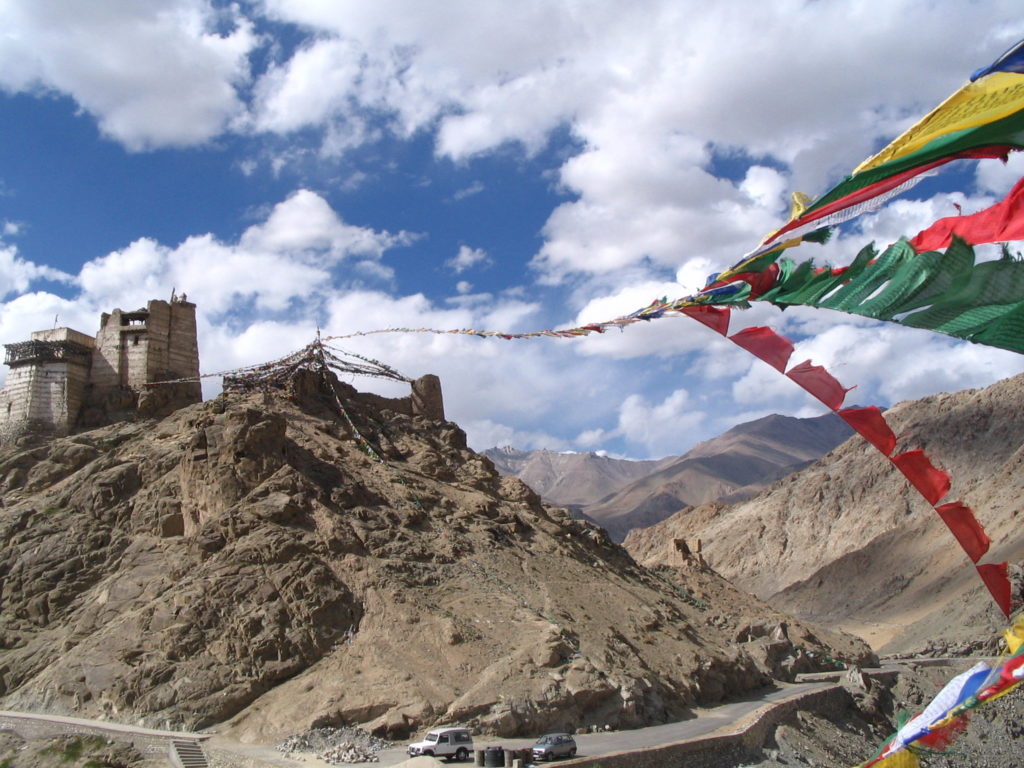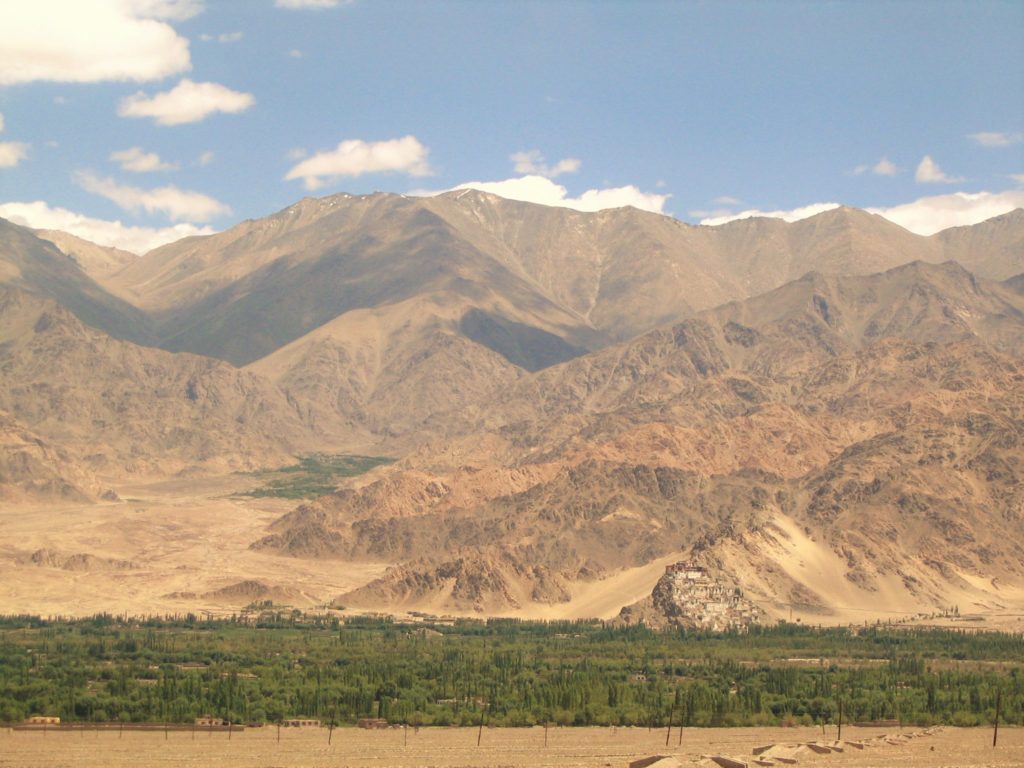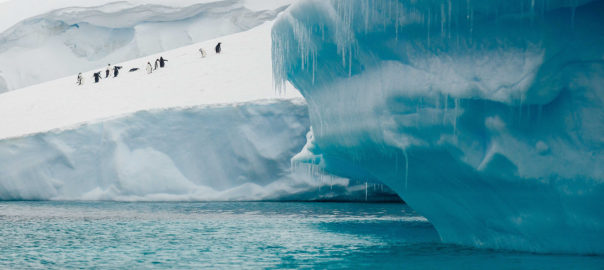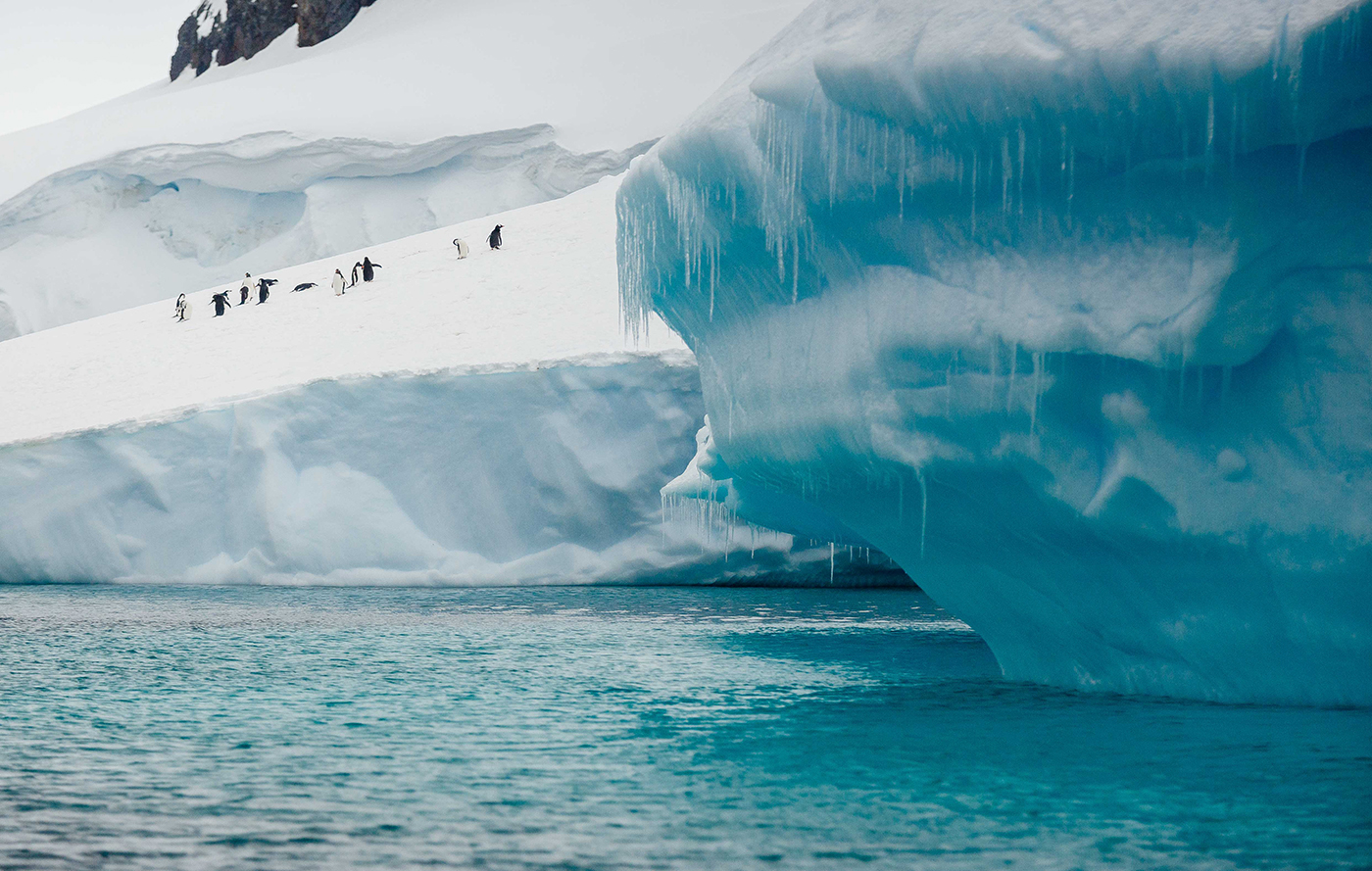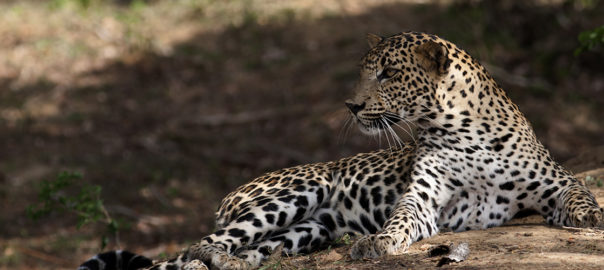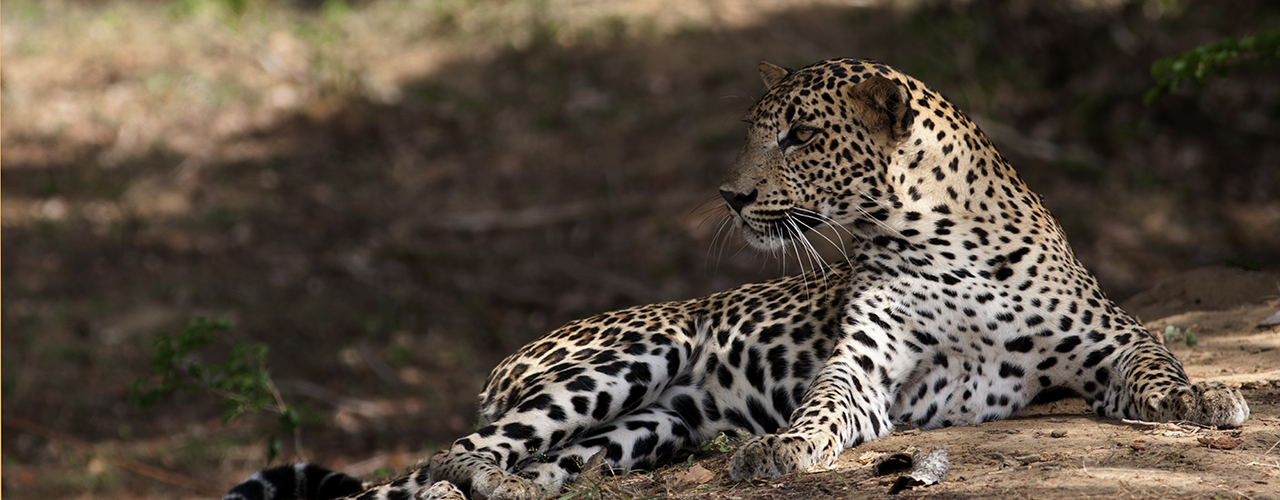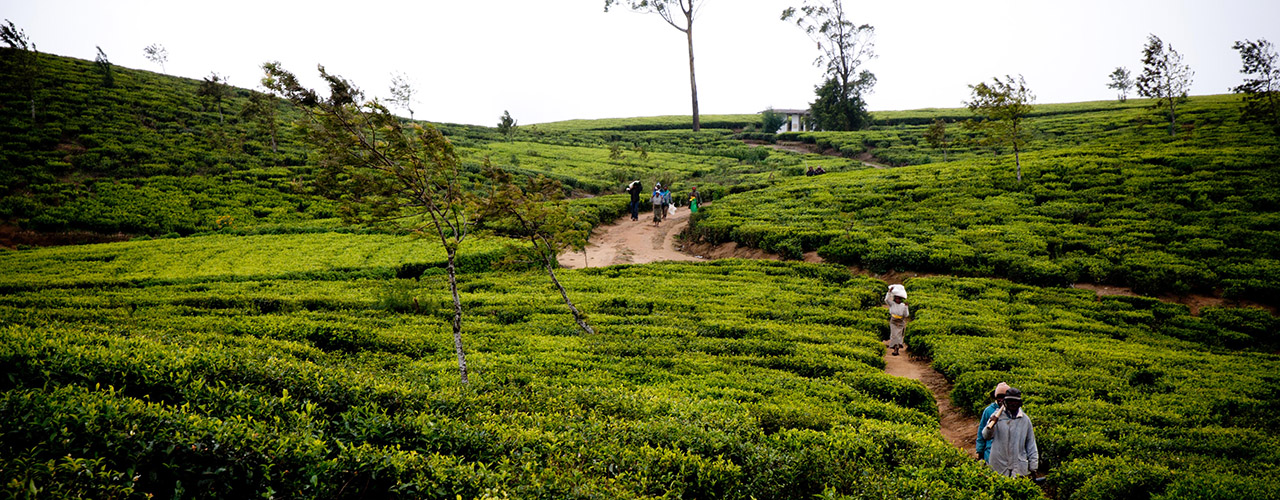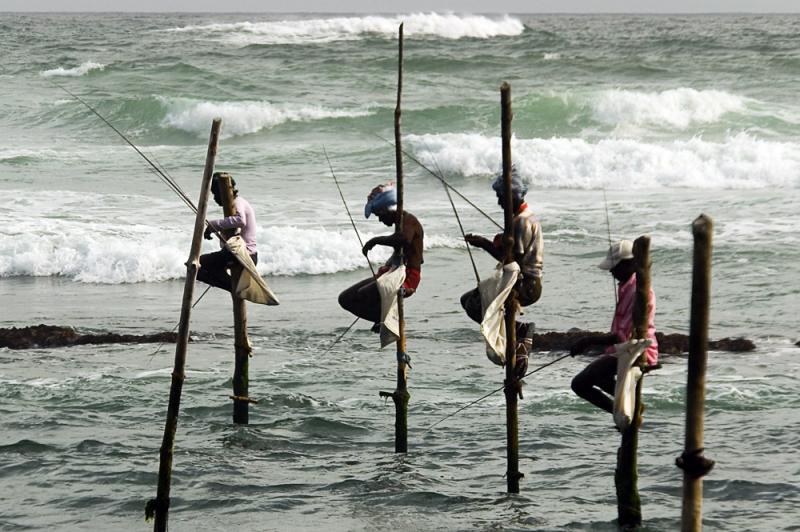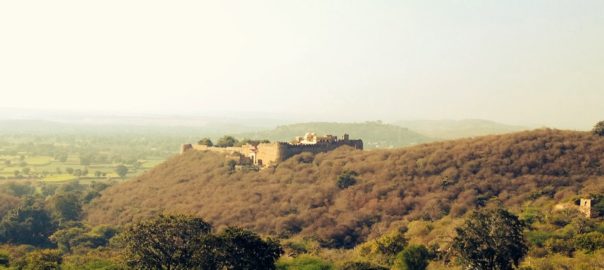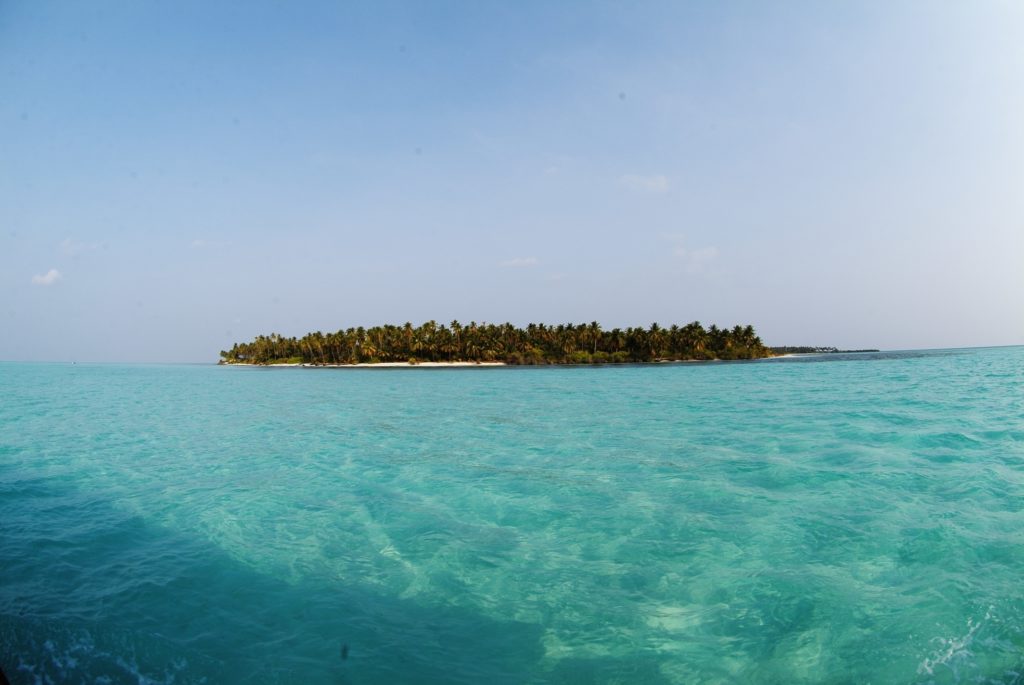
The United Nations and the international community began observing June 8 as World Oceans Day in 2009 to recognise the major role oceans play in our lives and the challenges faced in preserving this resource.
According to the UN, the concept of a World Oceans Day was first proposed at the Earth Summit in Rio de Janeiro in 1992.
We celebrate World Oceans Day to remind everyone of the major role the oceans have in everyday life. They are the lungs of our planet, providing most of the oxygen we breathe. The purpose of the Day is to inform the public of the impact of human actions on the ocean, develop a worldwide movement of citizens for the ocean, and mobilize and unite the world’s population on a project for the sustainable management of the world’s oceans. They are a major source of food and medicines and a critical part of the biosphere. In the end, it is a day to celebrate together the beauty, the wealth and the promise of the ocean.
According to UN estimates, around 13 million tonnes of plastic leaks into the oceans every year. Plastic floating in the ocean kills one million sea birds and more than 100,000 marine mammals every year. If we continue throwing the same amount of marine litter in the ocean, plastic will outweigh fish by 2050.
This year, let us pledge to drastically reduce our consumption of single-use plastic as much as possible. The travel community can contribute to this change in a big way. So let us try to avoid using those plastic bags and straws as much as possible.
Source: https://www.aljazeera.com/topics/organisations/un.html
